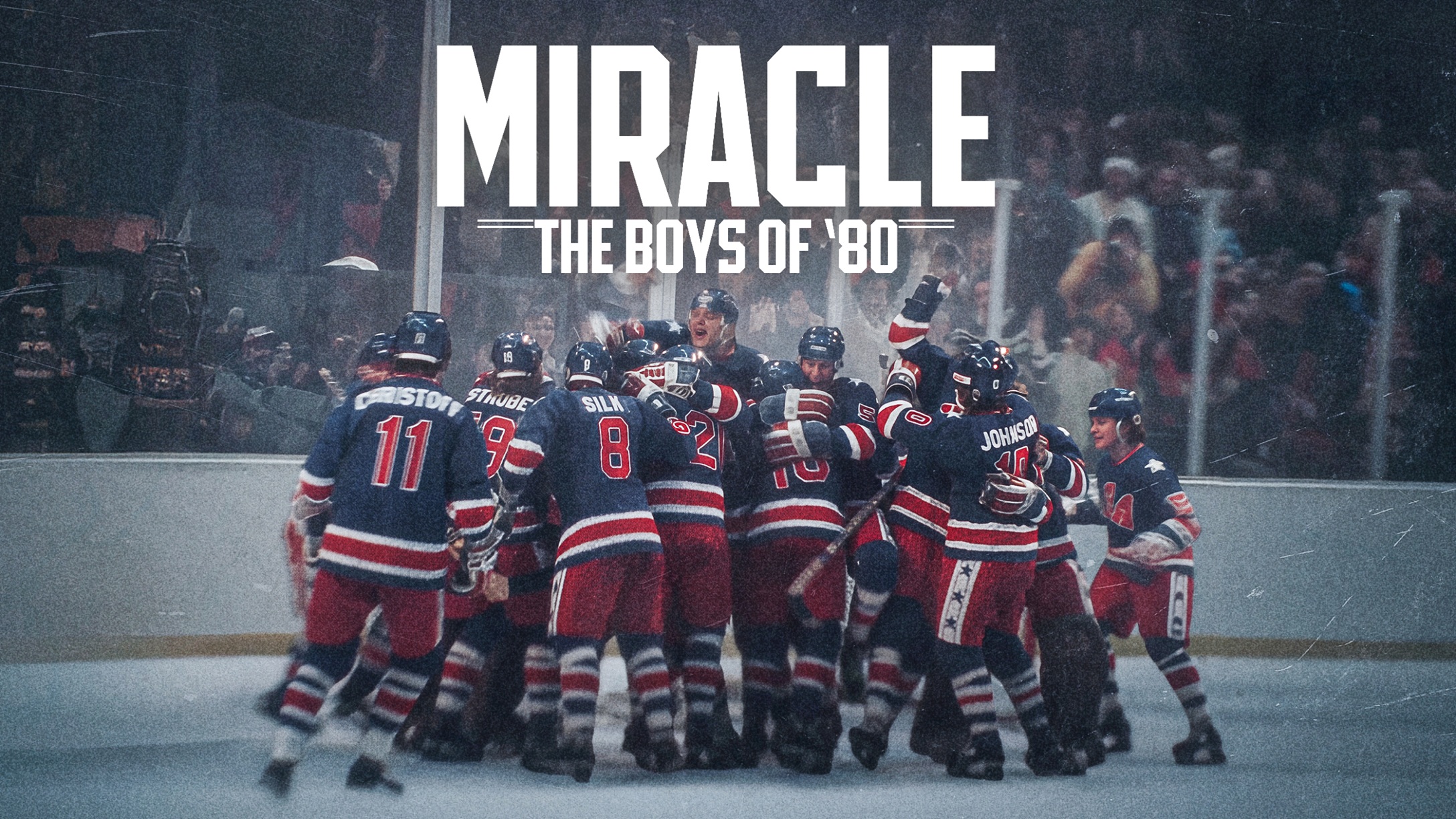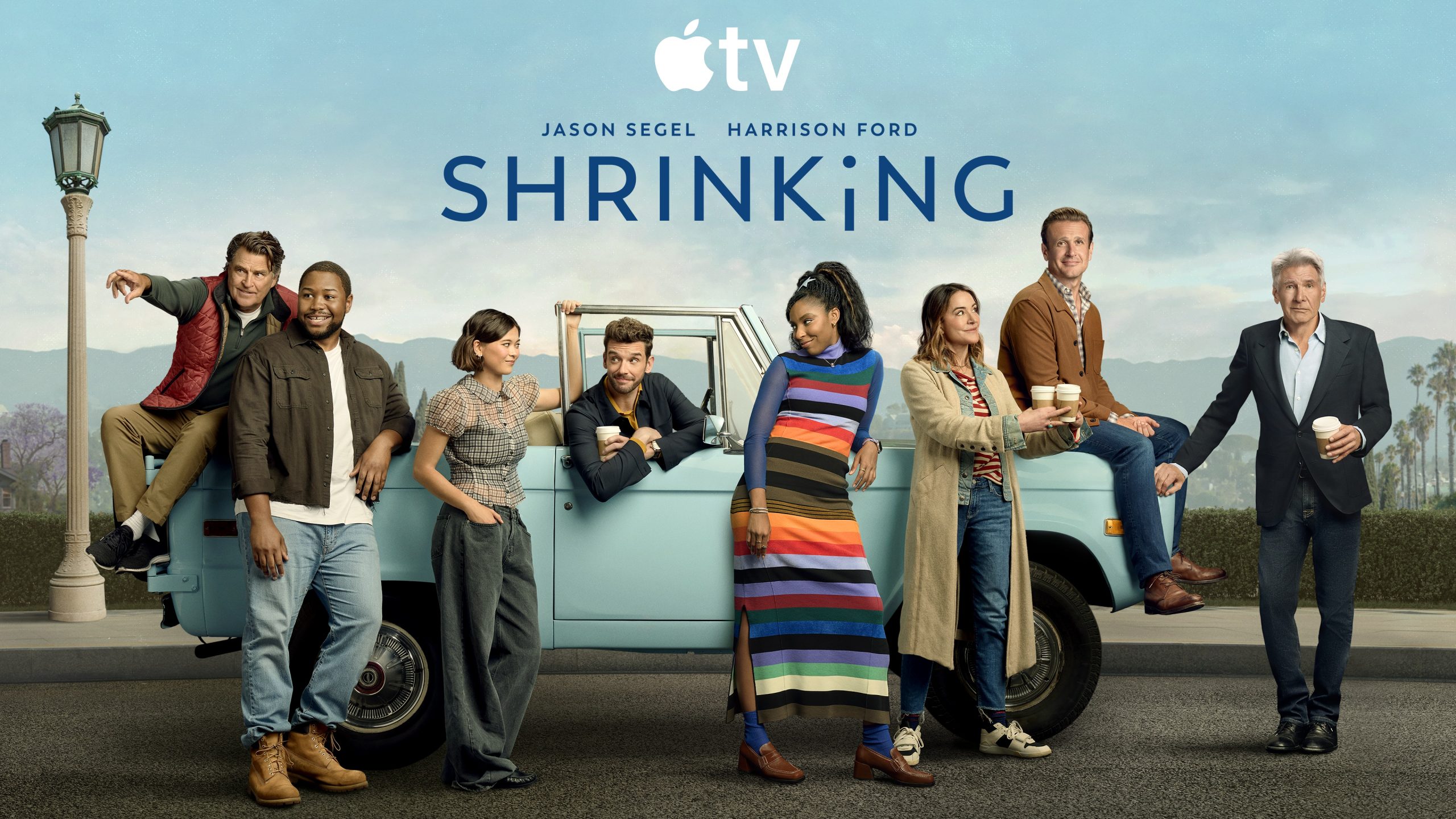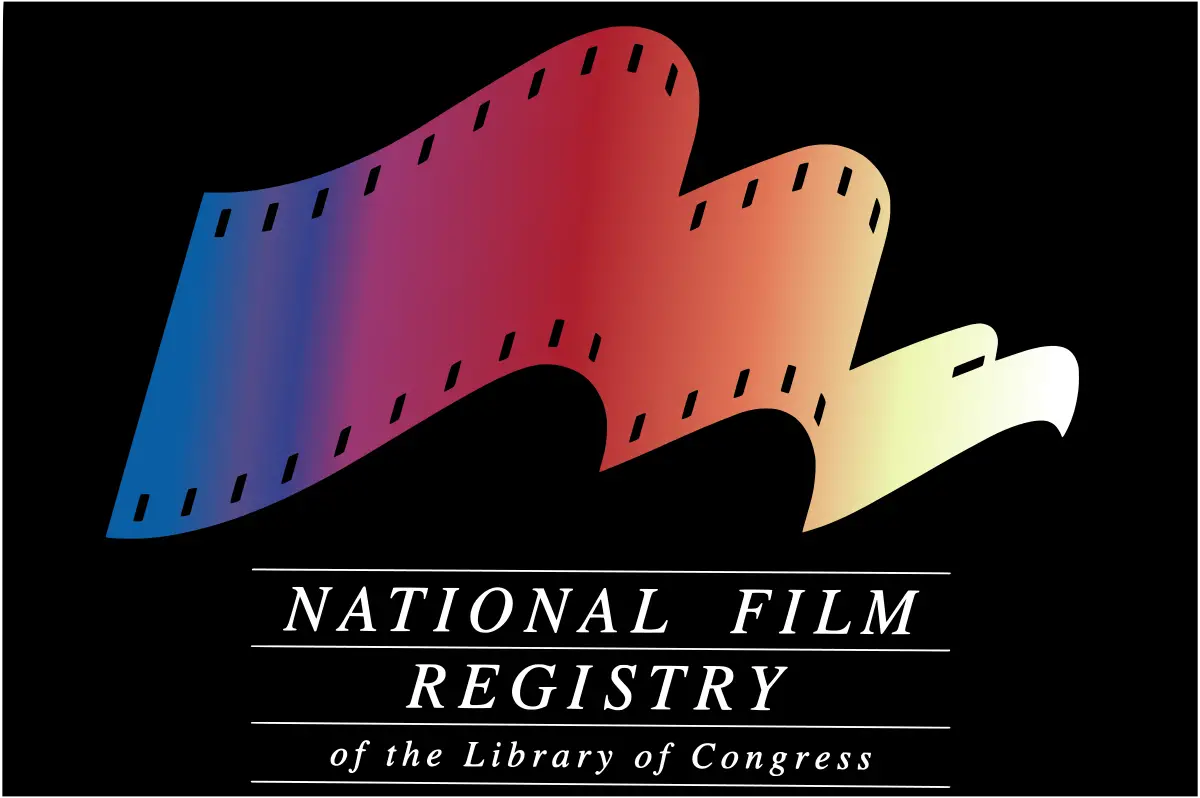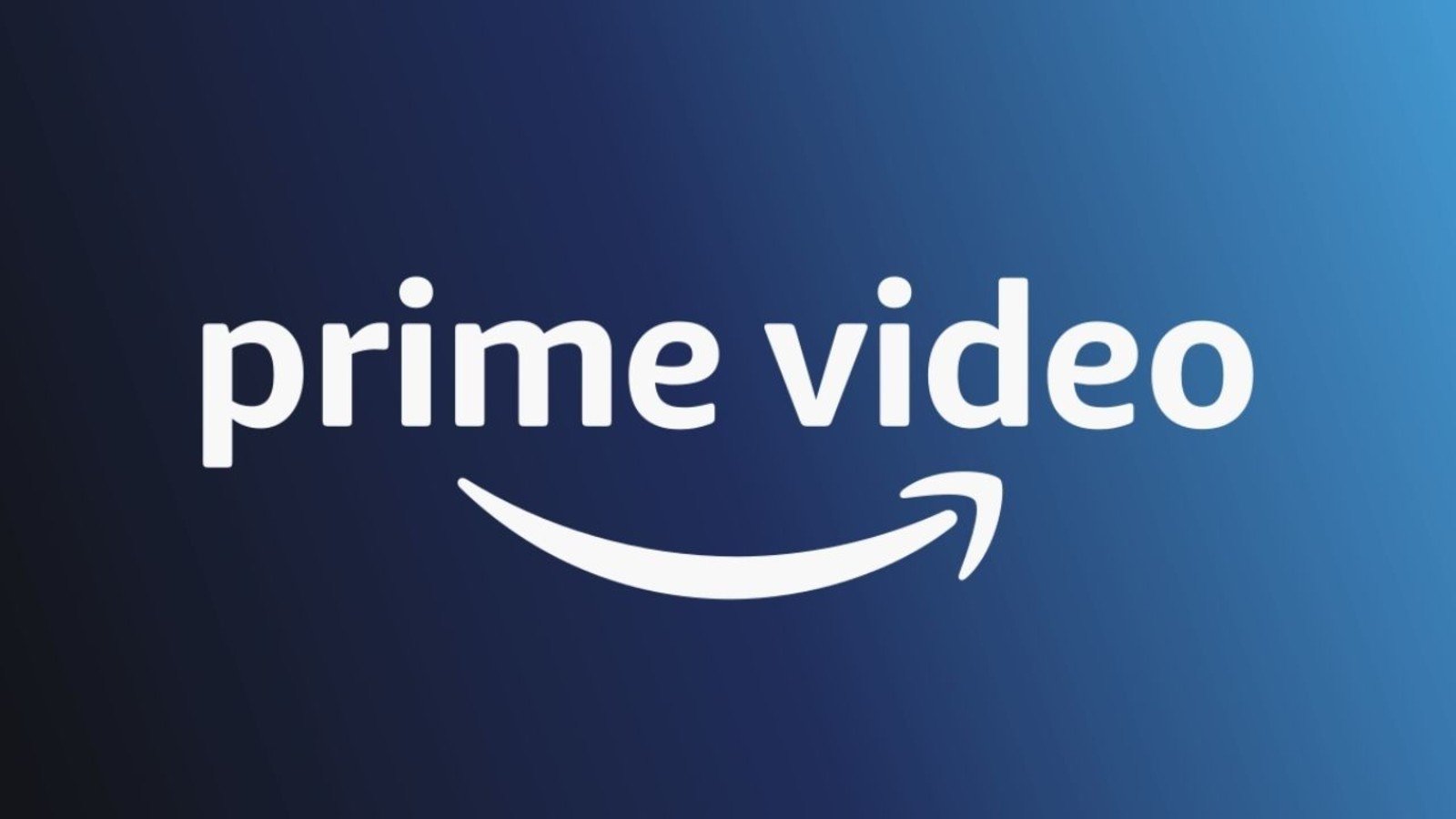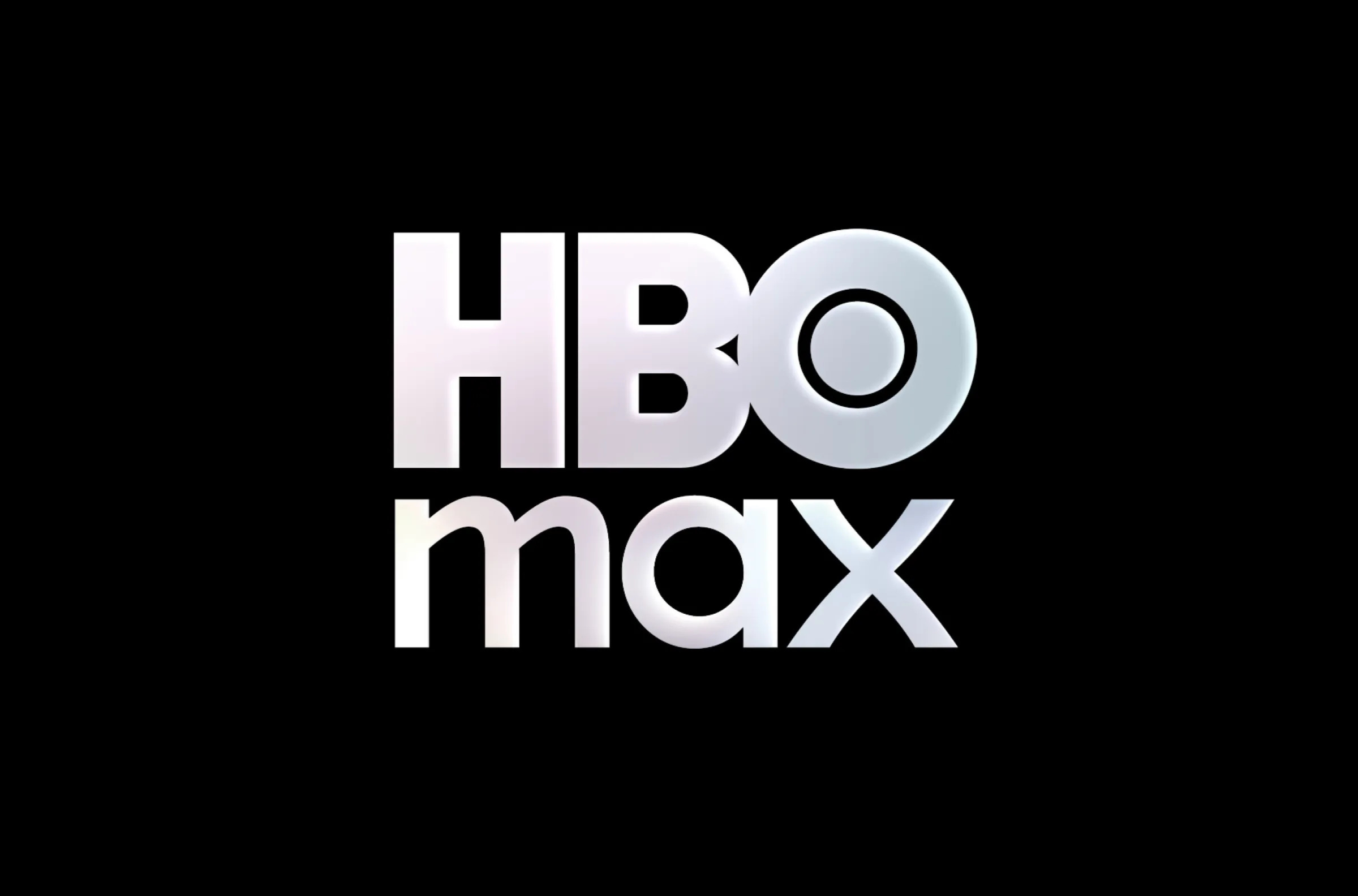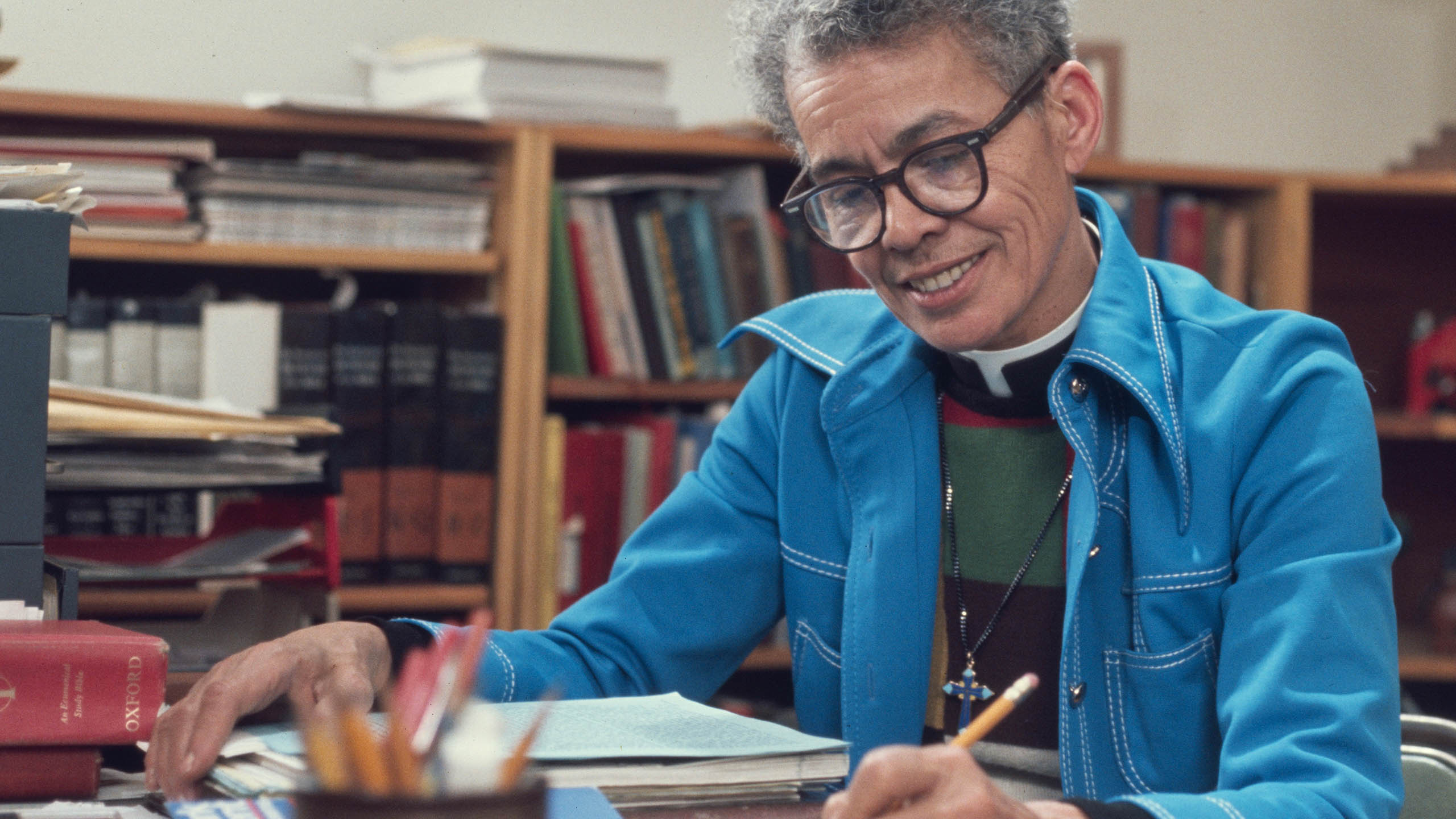
My Name is Pauli Murray, the newest film from Julie Cohen and Betsy West, introduces a new generation to the social justice activist.
The film is a tight 91 minutes (including the credits, of course) but hits on all the main points. Going into the film, I didn’t know much about Pauli Murray. To be fair, I had never even heard of them until I saw that Cohen and West were making this documentary. In regards to pronouns, the film doesn’t use any–instead Murray is only addressed by their given name. Because of this, I am referring to Murray by they/them/their to play it safe. By the end of My Name is Pauli Murray, audiences will know key details and want to learn more.
Murray was brought up in the South at a time when it was not safe to be Black. Much like today, their skin color made them a target. Factor in their gender identity and they become a double-target. Their gender was outside of the binary. Murray would use both their race and gender to their advantage. They were making noise long before Rosa Parks and Dr. Martin Luther King, Jr. were well known in the Civil Rights movement. Murray held a number of occupations: lawyer, professor, poet, and Episcopal priest. They also were an advisor to former First Lady Eleanor Roosevelt. But in spite of this, many of us are unaware of Murray’s role in history.
Things have changed between then and now but Pauli had a supportive aunt, Pauline. Many trans people would love to have any parental figure that is accepting of their gender identity/expression. It’s even more amazing when you realize this was in the 1910s! I mean, conditions were bad enough to be Black but to have a child that didn’t conform to their assigned gender could have been a recipe for disaster.
What helps Cohen and West in telling Murray’s story is all the material that was left behind. The oral histories are absolutely invaluable. You name it and chances are it is still here. Many interview subjects help to bring additional context. One just happens to be the star of their Oscar-nominated film, RBG. Justice Ruth Bader Ginsburg also cited Murray’s work in her very first Supreme Court brief. More on this in a moment. Another thing that interested viewers will learn is Murray’s role in litigation related to both race and gender equality. Because of the material left behind, Cohen and West wisely let Murray tell their own story. Murray might not be a figure that we read about often in the history books. However, they do make for a compelling documentary subject.
This film does not happen without RBG. If RBG doesn’t cite Murray in her brief, this film might not even be happening. The documentary interviews ended up becoming the genesis for this film. It’s possible that Murray could still remain a footnote to history. And that would be a shame. So much of what is transpiring now is helping to right the wrongs of the 20th century. Events not getting their due are now getting their due. The same thing is happening to the people from the past. Call it an injustice finally getting justice if you will.
It isn’t unfair to say that Pauli Murray was ahead of their time. What will hopefully happen because of this film is more people getting to know the activist. Time will certainly tell. And who knows, maybe this film will open up the eyes for somebody else questioning their gender. You never know! I grew up at a time when I didn’t know what it meant to be transgender. Nor did I had the thoughts and feelings that I did. While I attended public school growing up, I also grew up in a religious community. It would take me until 2015 before figuring things out–click to read more. But enough about me!
DIRECTORS: Julie Cohen & Betsy West
SCREENWRITERS: Talleah Bridges McMahon, Julie Cohen, Cinque Northern, Betsy West
